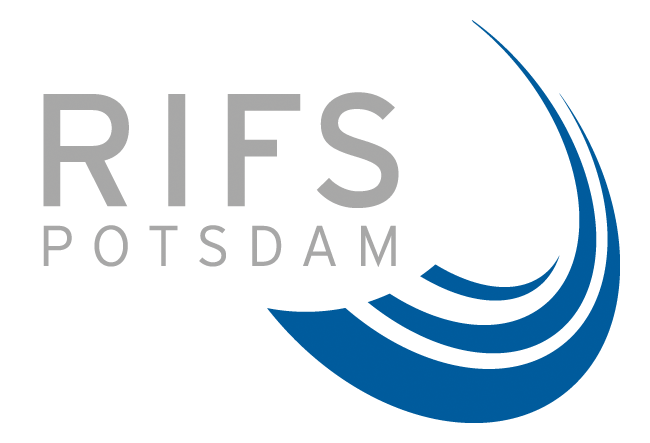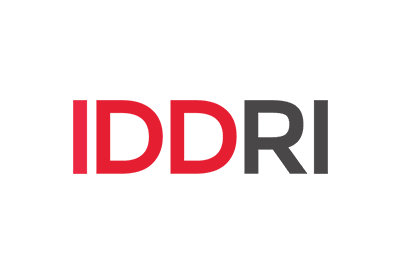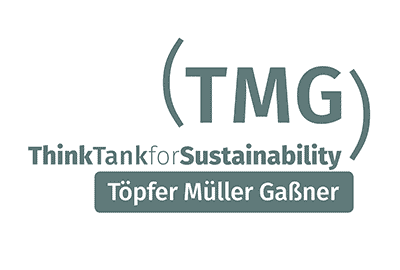Marine ecosystems, resources, and species do not respect national borders while the effects of marine pollution and degradation are felt by us all. Conservation and sustainable use of the ocean and marine ecosystems therefore requires an integrated and coherent ecosystem-based approach that aligns with their interconnected nature and addresses the cumulative impacts of human activities affecting them.
Good governance of the ocean cannot be achieved by States acting individually. Regional organisations, mechanisms and instruments play a crucial role in delivering ocean sustainability by enabling cooperation and coordination across territorial and sectoral boundaries. In this regard, the regional level of governance has proven to be a strategic lever for the conservation and sustainable use of the oceans, often taking action “closer, further and faster” than institutions at the international or national level.
Regional organisations have a specific place in the ocean institutional landscape, and the development of regional governance for the conservation and sustainable use of marine resources has emerged as one of the most important legal and policy trends in recent years. There is no one definition of “Regional Ocean Governance” and efforts among multiple countries to work together to conserve and sustainably use their oceans, coasts, and marine resources vary widely in scope, mandate, and spatial extent. This diversity reflects their diverse origins and the diverse needs and priorities in various places, contexts, sectors, and marine ecosystems. The PROG aims to support all types of regional marine governance. There are at least five common forms that regional ocean governance takes:
- Regional Seas Conventions and Action Plans;
- Regional Fisheries Bodies;
- Political and economic communities that engage in regional ocean governance;
- Leader-driven Regional Ocean Governance initiatives; and
- Ad hoc agreements and initiatives.



